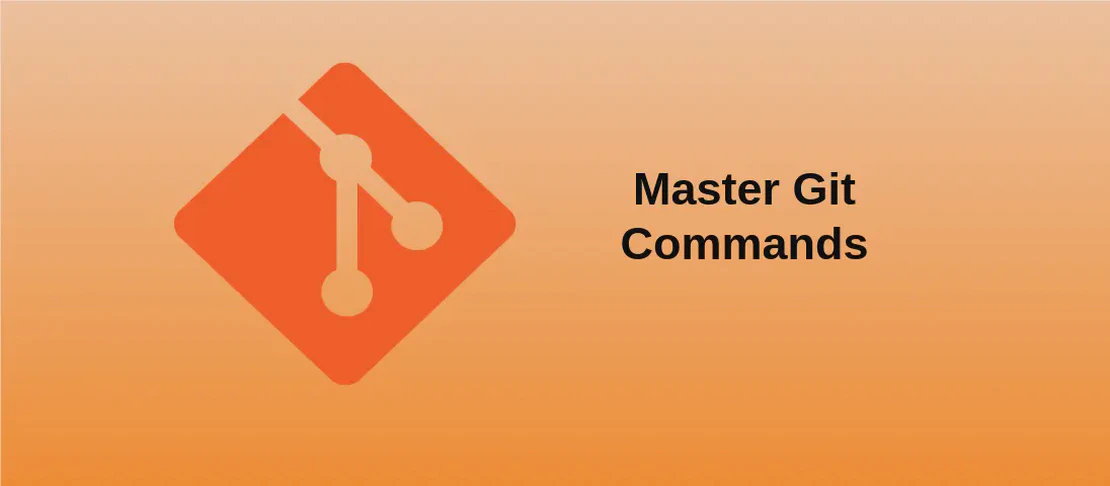
Mastering the art of 'git blame-someone-else' (with examples)
The command ‘git blame-someone-else’, available at https://github.com/jayphelps/git-blame-someone-else , humorously presents an intriguing aspect of version control by allowing developers to alter the committer and author of a commit. In essence, it redirects the responsibility of a piece of code from one person to another, which can be useful when adjusting commit history or during comedic interactions among developers. However, the implications of misuse or ethical concerns around this command should always be considered. Here we explore a use case of this command to understand its practical application better.
Use case 1: Change the committer and author of a commit
Code:
git blame-someone-else "author <someone@example.com>" commit
Motivation:
Imagine you joined a project where several pieces of convoluted code are incorrectly attributed to you because of shared coding environments or mistaken identity during commit operations. You have discussed with your team and decided it is more accurate and fair to assign these codes to the original developer who happened to be ‘Author Someone’. By using ‘git blame-someone-else’, you can rightfully adjust the commit logs so they reflect reality, helping maintain a truthful record of the software’s development and ensuring accountability.
Explanation:
git blame-someone-else: This is the main command underlined with humor that addresses commit attribution. It is a playful take on the traditional ‘git blame’ command, which identifies who last modified each line of a file. This command specifically changes whom a commit is attributed to without altering the actual content of the code."author <someone@example.com>": This argument specifies the new author and committer details that will replace the current ones in the specified commit. “author” represents the developer’s name, whereas “someone@example.com ” should be replaced with the actual email address linked to the GitHub or Git account of the developer who should take responsibility for the commit. Using precise identification means the updated record unequivocally attributes the code to the correct individual.commit: This is a placeholder for the specific commit hash that needs to be modified. When executing the command, replace ‘commit’ with the actual hash ID of the commit you want to adjust. This ensures that only the targeted commit is altered, leaving the remainder of the project’s history untouched unless similarly specified.
Example output:
Successfully reassigned commit: abcdef1234567
New Author: author <someone@example.com>
This example output indicates that the commit known by the hash ‘abcdef1234567’ has successfully been reassigned with the specified author details. It confirms the new author identity with both ‘author’ and the given email as you had input them initially, reassuring the user that the desired changes were executed correctly.
Conclusion:
By understanding the uses of ‘git blame-someone-else’, developers find themselves equipped with a tool that has both humorous and practical applications related to version control. Whether it is correcting attributions or engaging in light-hearted team interactions, the command serves versatile purposes while necessitating responsible use to maintain the integrity and honesty of project management practices.


